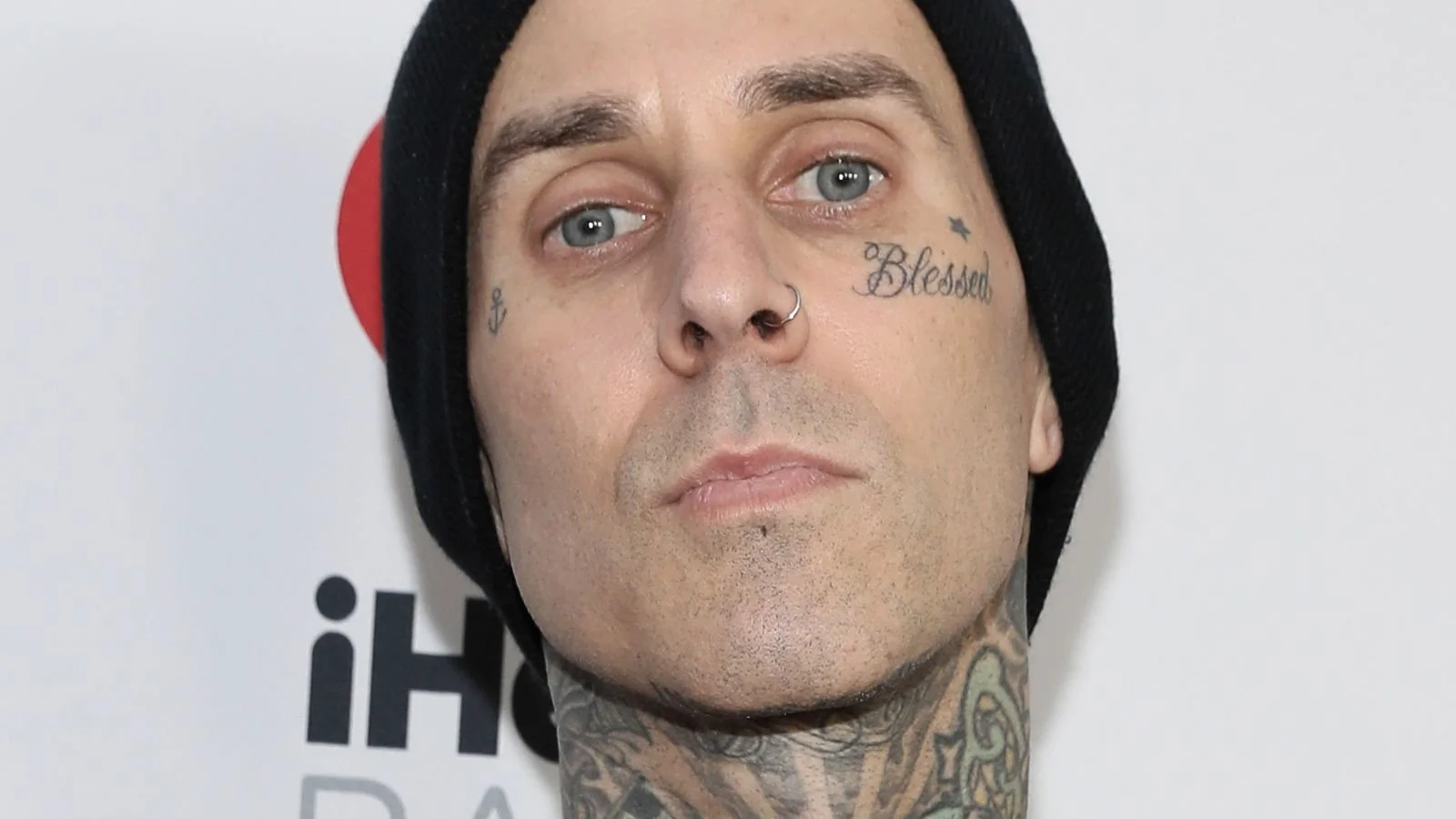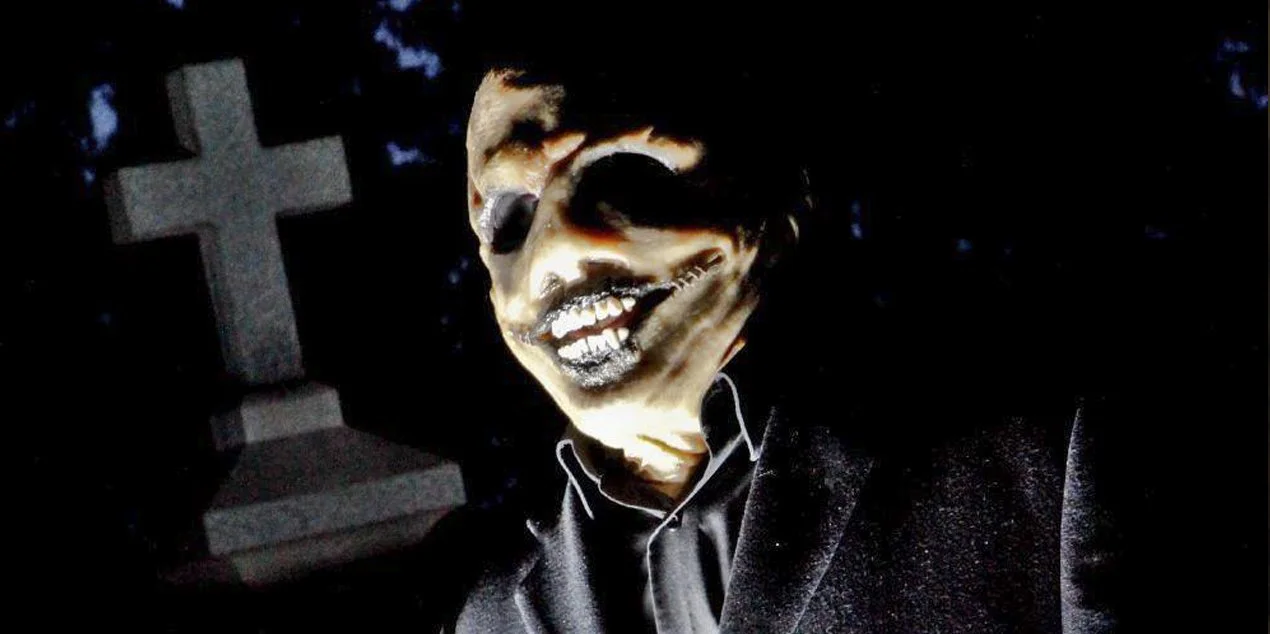The Art of Getting Old in the Twenty-First Century
The old saying that age ain’t nothing but a number is only partially true.
I’m turning 40 later this year and it’s been fucking with my head. It has been for quite some time. Not just the gray hair and creaky bones. Not just my friends having children and the prospect of these children eventually having children of their own. Getting old fucks with your mind in ways that aren’t related to the inevitability of your own death. It fucks with you culturally and makes you feel like you’re already dead. That you’re merely haunting the present.
Since most of you reading this are either my age or older, I suspect you already instinctively understand what I’m talking about. It started with making fun of kids liking Justin Bieber a decade ago. Because you’ve lived through the Backstreet Boys era and you already knew the ending to this story. You thought you were smarter because it happened to you before and you knew better than to get enraptured by a pop star. But this is a slippery slope you’ve stepped on.
Once you started judging a younger generation based on a reasonable argument (Bieber was commercially similar to the Backstreet Boys, but he’s been infinitely more popular and longer-lasting), judgments came easier and easier. It became about Kim Kardashian because you’ve lived through the Paris Hilton era and THOUGHT you already knew the ending to this story. Then it became about Kanye West, emo rap, children safety rules, TikTok, etc.
Before you know it, you turn into the grumpy adult you hated twenty years ago. That shit happens to you fast. Here are three ways life turns you into the get-off-my-porch guy and three ways not to let it.
1) The world changes faster than you do
There’s a study that claims our musical tastes are defined when we’re teenagers. In my opinion, it applies to more or less any cultural variable. Everything has more meaning if it happened when we were deciding what kind of person we wanted to be. This is why my angst-ridden, emotionally constipated generation is into alternative rock and heavy metal (I am fully including myself in this description). This is also why the more dramatic younger millennials responded to pop punk, emo and Justin Bieber. They were more attuned to their selves and their needs than we were. It also explains why gen Z likes accessible, but self-reflective culture. They live in a hyperconnected, always “on” world where performance and personal thoughts coexist on a continuum.
My point is: once your identity settles and you start liking what you like, you stop being the target audience for whatever’s going on at the moment. You become ancient history.
From a marketing (and psychological) standpoint, teenagers and young adults have always and will always be the ones you want to talk to. Because if you convince them that your art or whatever cultural contribution it is you make is meaningful, they will be your audience for the rest of their natural lives. At least, most of them. I’ve known the band Slayer since I was seven years old and truly loved them since I was… I don’t know 15? So, I love them in a way I simply cannot love other artists because this love has historicity in a way newer artists simply can’t. People from every generation experience this feeling that their culture is bolder than the one that came before and more profound than the one that came after, but it’s normal and you have to understand that you’re not unique or special for it.
Once your identity settles, it’s easy to stop taking interest in how or why the world changes. That is one way to get old. You might not be the target audience for what is happening right now in the culture and that’s OK. That doesn’t mean whatever is going on isn’t interesting. If you’re not interested in how or why Taylor Swift, Beyoncé or Kanye West became worldwide icons, you’re turning your back on how your generation has influenced the one that came after. You don’t have to like the music or the people in order to take interest in them. However you might see them, they are not the apologists of vapidity and self-glorification you might think they are. If this is your conclusion, you’ve given up on understanding younger generations and have officially become old.
Take interest in younger artists. You don’t have to enjoy their art in order to do so. They are the language of your sons, daughters, little brothers and sisters. They are the language you taught them.
2) Change doesn’t necessarily mean good or bad. It just means different
Who am I kidding? This section is about social media.
This fucking domineering monolith who is taking over culture year after year. The more time passes, the more everything is social media and the less of our online interactions seem to exist outside of it. Now, I will give you this point: I don’t believe social media are a good thing in general. But they have become an important thing. They are not the celebration of superficiality that we talk ourselves into believing they are, though. It’s a comforting thought to believe that you can exist outside of them and live the happily ever after. But truth is: in 2022, how you exist on social media is how you exist in other people’s minds.
It’s a different problem for people who once lived without them than for young people who were born into them. But it’s not a problem that will ever go away. Every generation had its own revolution in communication and challenges that came along with it. Our parents and grandparents had radio and televisions, which ushered fears over rock n’ roll and low culture. We had cable television and internet, which ushered fears of us becoming stupid and taking interest in meaningless things. Our younger generations have social media, which ushered fears that kids are all superficial and slaves to the false lives they live on the internet.
You know what these challenges have in common? They were all based on fear of the unknown. It’s not because something is new and seems potentially harmful that it is. If Zoomers ever taught us a lesson with TikTok it’s that if you embrace new media early and rabidly defend its integrity, you can end up calling the shots on how it’s going to work in the future. For all our fucking dread about Facebook taking over the world and social media ruining social cohesion, kids have overtaken the newest, coolest form of media and protected it from hostile corporate takeovers. Leave it to those who will actually live the future to take control of it.
The lesson here is to learn the language of the moment. That it doesn’t make you a pariah or a sellout. By learning to communicate in new technological languages, you will learn to understand how and why the world is changing.
3) Have a second act to your life
That leads us to Travis Barker, who this essay is really about.
I did not care in the least about Travis Barker until the second act of his career, when he started getting involved with newer artists. SoundCloud rappers and whatnot. I respected his career and his longevity in the spotlight, but the music and the philosophical project of Blink-182 was (and still is) profoundly uninteresting to me. The second act of Barker’s career isn’t, though.
Why would you bitch and moan about kids liking different things than you do when you can try to understand where they’re coming from and share your wisdom, knowledge and influence with them in order to create something new. Every generation thinks the following one should show them respect and listen to their cultural and political advice like gospel without understanding that the following generation’s choices and interests are a direct consequence of their own choices and interests.
For example, if the Zoomers are so stressed out and alienated by technology, it’s because they were born in a world where we embraced it without second thought, from MySpace to the iPhone. If they like Billie Eilish so much, it’s because they grew up around our pop sensibilities and figured it was superficial corporate bullshit. So they created a better version. It’s not that difficult to understand who they are and where they’re coming from if you give it an iota of attention. If you remember the lessons from point #1, they’re also the demographic the world gives a shit about now because they’re worth a lifetime of emotional investment.
The idea in growing old in style is to keep in touch with the younger generations without ever getting in the way. You can guide, influence and advise, but it’s all under the condition that they trust you and they will never trust you if you don’t see the value in their dreams, hopes and struggles. If you get the trust of the demographic that still matters, you can influence the way they think and keep whatever is important to you alive through the generations. Noticed how nu metal is making a comeback in the 2020s? Noticed how pop punk doesn’t seem to die?
That’s because people like you and I found a second act to their lives and are getting involved in the following generation’s legacy. It’s not manipulative or anything. It’s assuring that ideas you think are worth saving make their way to the following generation. It’s making sure every generation builds on a better and better culture. Whatever you might think of what Machine Gun Kelly is doing, Travis Barker is doing that with all the SoundClound rappers he inspired from back in his Blink-182 days: Yelawolf, Yungblud, Vic Mensa, etc.) This music isn’t meant for us, but it’s influenced by us. Ultimately, it’s the greatest thing you can aspire to as a culturally over-the-hill person.
Get involved with the kids. Do what you gotta do. Make the art you mean to make, but make sure what kids know who you are and why you do what you do. Be like Travis Barker. I don’t mean to get face tattoos and get engaged with a Kardashian, but if you and I know this about him right here and now it’s because he’s mastered the art of getting old in the twenty-first century.






